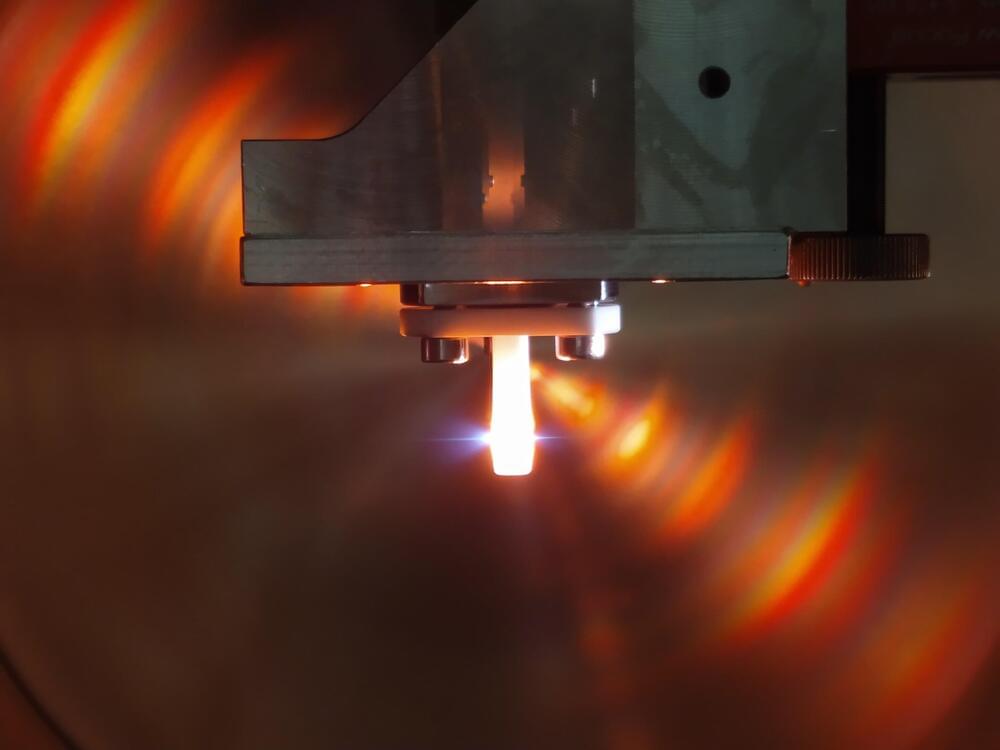😗
The motion of an electron in a strong infrared laser field is tracked in real time by means of a novel method developed by MPIK physicists and applied to confirm quantum-dynamics theory by cooperating researchers at MPI-PKS. The experimental approach links the absorption spectrum of the ionizing extreme ultraviolet pulse to the free-electron motion driven by the subsequent near-infrared pulse. Their paper is published in the journal Physical Review Letters.
For this experimental scheme, the classical description of the electron motion is justified even though it is a quantum object. In the future, the new method demonstrated here for helium can be applied to more complex systems such as larger atoms or molecules for a broad range of intensities.
High-harmonic generation, namely the conversion of optical or near-infrared (NIR) light into the extreme-ultraviolet (XUV) regime, is fundamental to strong-field physics, since it is an extremely nonlinear process. In the famous three-step model the driving light field ionizes the electron by tunnel ionization, accelerates it away and back to the ionic core, where the electron re-collides and emits XUV light if it recombines.
